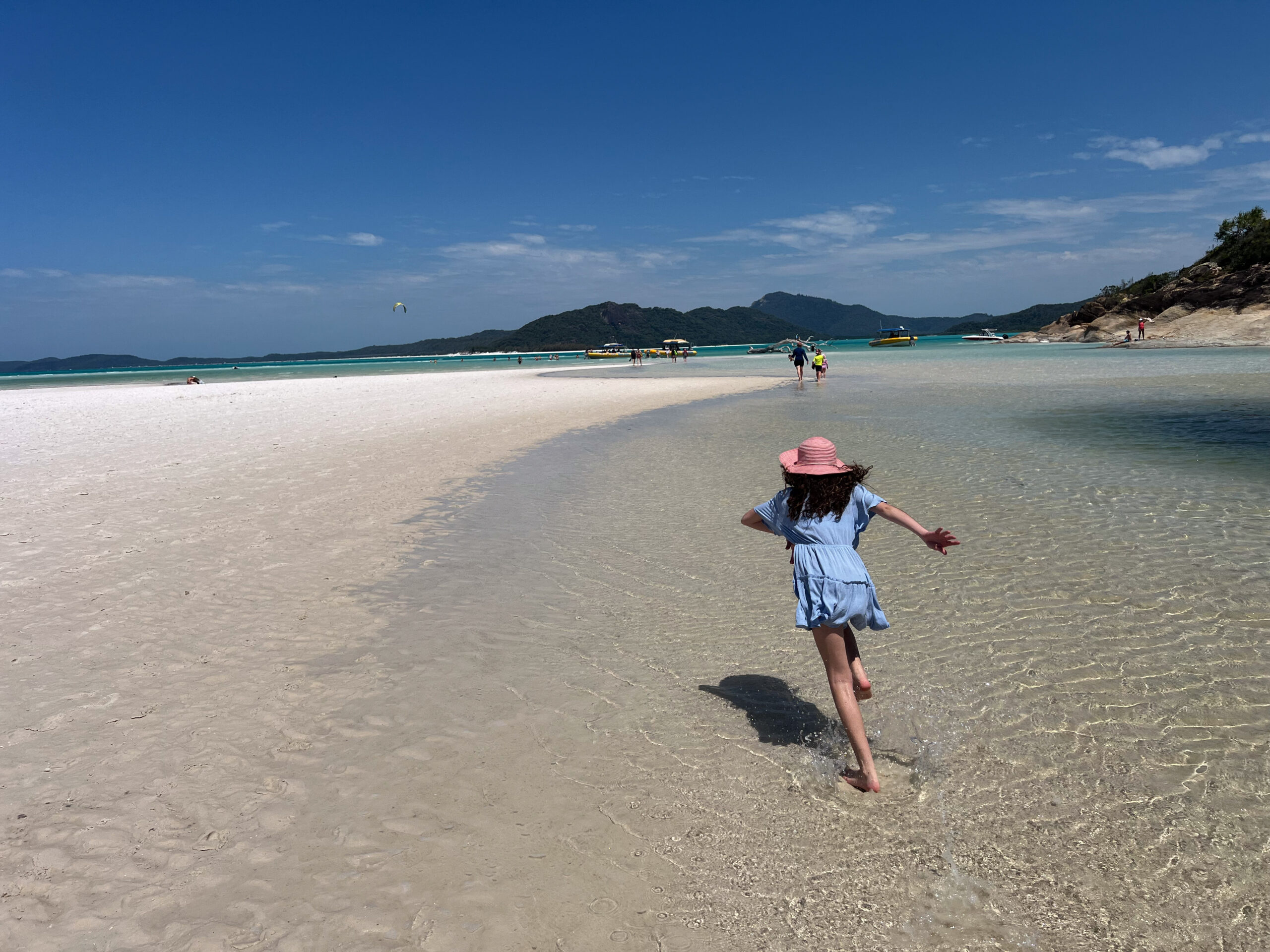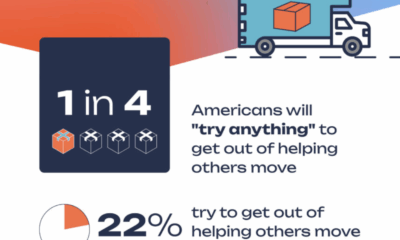Americans are heading into the 2025 summer travel season with unprecedented confidence and plans to spend a record $226.6 billion despite continued economic uncertainty.
According to the annual Vacation Confidence Index conducted by Ipsos Public Affairs on behalf of Allianz Partners USA, 63% of U.S. adults say they are confident they will take a summer vacation this year — the highest figure recorded since the survey began in 2009. The survey defines a vacation as a leisure trip of at least one week, taken to a destination 100 miles or more from home
This heightened sense of vacation optimism is mirrored by a record-setting projected spend. U.S. households are expected to shell out a total of $226.6 billion on summer vacations, reflecting a 2.26% increase over 2024. The average household is forecast to spend $2,867, slightly up from $2,843 the previous year. Since 2019, when estimated summer vacation spending stood at $101.7 billion, the annual figure has more than doubled — a sign that Americans continue to place increasing importance on leisure travel in the years following the pandemic.
“Despite increased pressure on wallets and ongoing travel cost inflation, we are still seeing Americans prioritize vacations this year,” said Emily Hartman, General Manager at Allianz Partners USA. “The ongoing increase in spending signals that Americans view travel as a primary goal when setting up budgets and financial plans. As travelers plan their next vacation, one item that’s important not to forget is travel insurance. After months, maybe even years of planning, it makes sense to have a safety net to protect your investment.”
The report identifies several notable trends shaping summer travel in 2025. Younger Americans, particularly those under the age of 35, are leading the charge when it comes to both vacation planning and recent travel activity. Seventy percent of Gen Z and Millennial respondents expressed confidence in taking a summer vacation, and nearly a third of those aged 18 to 34 said they had already traveled in the past three months. Those with children living at home also reported higher-than-average travel engagement.
Shorter trips, often called “micro-cations,” are making a comeback as more travelers opt for one- or two-night getaways. These quick escapes have become more common, now accounting for 31% of planned trips — a slight increase from last year. At the same time, the cost of these brief getaways is rising. The average spend on a one-night trip has increased to $700, up from $594 in 2024, making them the most expensive in terms of per-night cost. By contrast, weeklong vacations still provide the best overall value.
Another growing trend is the blending of business and leisure travel, often referred to as “bleisure.” More Americans are choosing to add vacation days to work-related trips or personal events, with 33% saying they have done so this year — a nine-point jump from 2024. Luxury travel is also gaining popularity, particularly among younger travelers. Thirty-one percent of respondents said they are investing in premium travel experiences.
While spending has reached record highs, affordability remains a major concern for many. Nearly 70% of those who lack confidence in taking a vacation this year said its because they cant afford it, up from 62% last year. Still, the desire to travel remains strong. Even among those who say they cannot afford a vacation, 40% plan to take one anyway. This continuation of the “justi-vacation” trend — taking a trip despite financial limitations — reflects a growing belief that time off is worth the splurge.
Special events are also influencing travel decisions. As recently seen with events such as Taylor Swift’s Eras Tour, high-profile concerts and festivals continue to draw travelers both domestically and internationally. Nearly two-thirds of Americans (63%) expect to attend at least one ticketed event this year, with an increasing number planning to attend three or more.
“Since the start of the Vacation Confidence Index, we’ve seen Americans place a greater emphasis on vacations,” says Daniel Durazo, Director of External Communications at Allianz Partners USA. “This year we saw that at an all-time high with 75% of Americans considering annual vacations important to them regardless of their ability to take vacations. This consistent prioritization is an indication of the ways Americans want to live and learn — we don’t expect it to shift anytime soon.”

 Celebrity News1 week ago
Celebrity News1 week ago
 Celebrity News1 week ago
Celebrity News1 week ago
 Celebrity News1 week ago
Celebrity News1 week ago
 Celebrity News1 week ago
Celebrity News1 week ago
 Celebrity News1 week ago
Celebrity News1 week ago
 News1 week ago
News1 week ago
 Celebrity News5 days ago
Celebrity News5 days ago
 Celebrity News1 week ago
Celebrity News1 week ago
 Celebrity News1 week ago
Celebrity News1 week ago
 Celebrity News5 days ago
Celebrity News5 days ago
 Celebrity News1 week ago
Celebrity News1 week ago
 Celebrity News1 week ago
Celebrity News1 week ago












